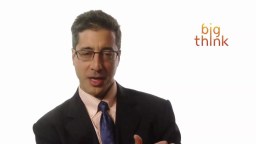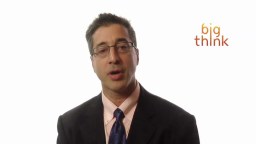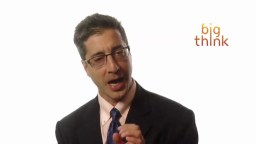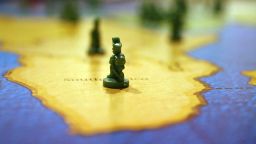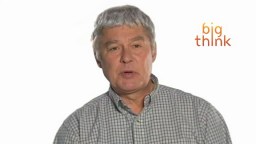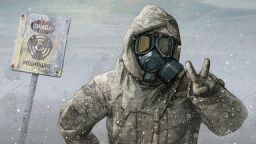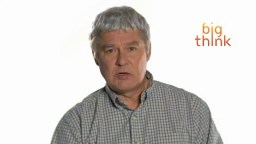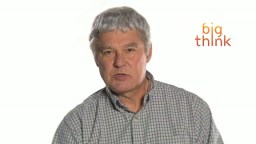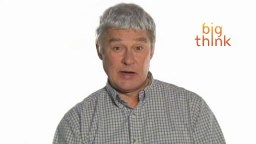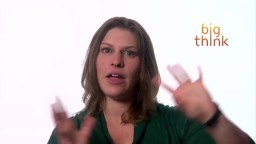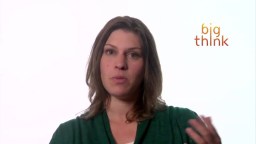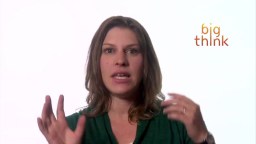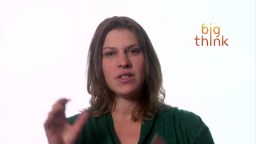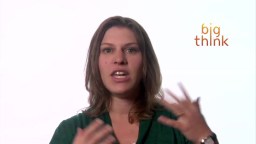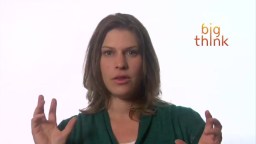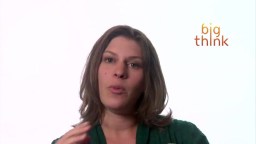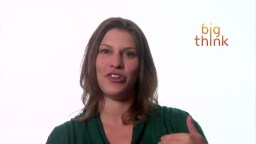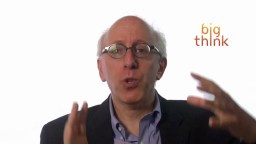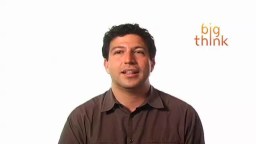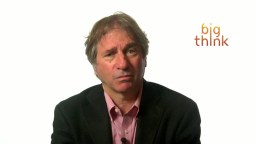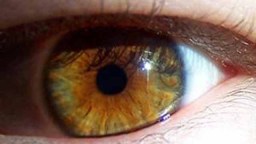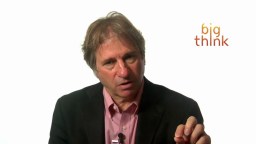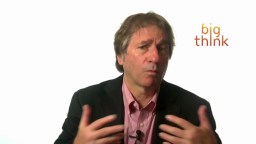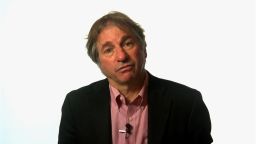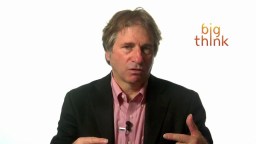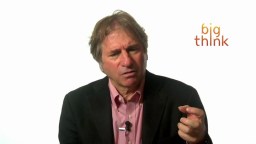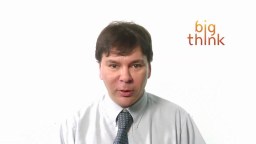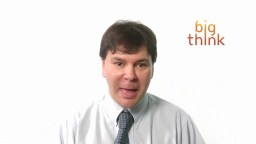All Videos
All Stories
The NYPD and FBI both agree that Alpert should not have survived his kidnapping; Alpert shares with us the strategies he used to stay alive.
▸
8 min
—
with
Former federal prosecutor Stanley Alpert was kidnapped at gunpoint on his 38th birthday, kept his wits during the harrowing 25-hour ordeal, convinced his captors to release him, and then helped […]
▸
7 min
—
with
A conversation with the writer and kidnapping survivor.
▸
24 min
—
with
Every choice we make involves calculating the risk versus the reward, but if we mistake luck for skill, as was the case on Wall Street, these calculations become meaningless.
▸
2 min
—
with
Survival expert Laurence Gonzales explains how to increase your chances of surviving some of the most common deadly scenarios.
▸
3 min
—
with
The characteristics that increase your chance of survival in extraordinary situations can also help you manage the daily trials of life.
▸
3 min
—
with
The rule of thumb is that humans can survive three minutes without air, three days without water, and three weeks without food, but there are always extraordinary cases—some have gone […]
▸
3 min
—
with
The people who are likely to survive against all odds are not “weekend warriors” but rather those who are persistent, prepared, organized, and calm in extreme situations.
▸
2 min
—
with
A conversation with the author and survival expert.
▸
13 min
—
with
Controlling other people’s dreams may be science fiction, but there are ways to control our own dreams, Harris says.
▸
1 min
—
with
For patients with narcolepsy, a loud noise or a strong emotion can trigger the body to fall asleep instantly.
▸
2 min
—
with
During REM sleep, the body is paralyzed so that the sleeper does not act out his dreams, but when this phenomenon malfunctions, bizarre sleep disorders like sleep paralysis and REM […]
▸
3 min
—
with
Harris practices Imagery Rehearsal Therapy, which teaches patients to take control of nightmares by rehearsing them during the day and changing them into positive scenarios. 90% of Harris’s patients report […]
▸
6 min
—
with
Sigmund Freud and Carl Jung believed that dreams were windows into the unconscious, but many scientists now believe they may have no deeper meaning.
▸
2 min
—
with
In the pre-modern world, circadian rhythms were synched with the rising and setting of the sun, but modern life requires many to adjust their internal clocks to accommodate alternative sleeping […]
▸
3 min
—
with
For many with insomnia, their minds are like stereos at maximum volume with no off switch.
▸
4 min
—
with
Sleep is hardly a period of inactivity for the brain. During a normal night’s sleep, the brain cycles through various stages including REM sleep, during which the brain is just […]
▸
3 min
—
with
A conversation with the sleep psychologist.
▸
24 min
—
with
Stern’s research uncovered a neural network in the brain that accounts for some people’s ability to function well despite a lack of sleep.
▸
6 min
—
with
The iconic abnormal psych case of Phineas Gage provided scientists with the first hints that different functions like decision-making and language acquisition were grouped into localized areas within the brain.
▸
1 min
—
with
Scheck thinks we should do away with judicial elections, and should do more to educate the judiciary about scientific evidence.
▸
3 min
—
with
Eyewitness testimony is the single greatest cause of wrongful convictions, says Scheck. Psychologists and researchers have demonstrated a variety of ways that witnesses regularly misidentify suspects.
▸
7 min
—
with
“Nothing guarantees the conviction of an innocent person more than a lawyer that is not adequately funded or not competent to do the job,” says Scheck.
▸
4 min
—
with
Sometimes a prosecutor doesn’t want to admit that they’re wrong. Other times they don’t want to face the victim’s family after a conviction is overturned.
▸
5 min
—
with
Barry Scheck says the Innocence Project has transformed the way that the criminal justice system looks at error.
▸
4 min
—
with
Scheck’s group will take up the case of a convicted prisoner if there is the possibility that a DNA test—or multiple DNA tests—could prove them innocent.
▸
7 min
—
with
A conversation with the attorney and founder of the Innocence Project.
▸
30 min
—
with
Appel thinks it’s most important that children be born into families that want them. “My concern is for the potential gay child born into the bigoted family who mistreats that […]
▸
3 min
—
with
Appel thinks the most pressing ethical issue of our time is “the arbitrary distinction that people have more or fewer rights because they were born on one side of the […]
▸
2 min
—
with
Forcing people to make a doctor’s appointment in order to get medicine keeps some people from getting the care they need.
▸
2 min
—
with
